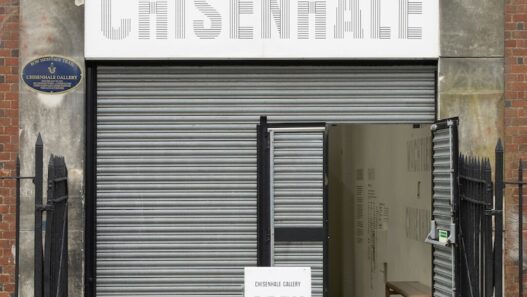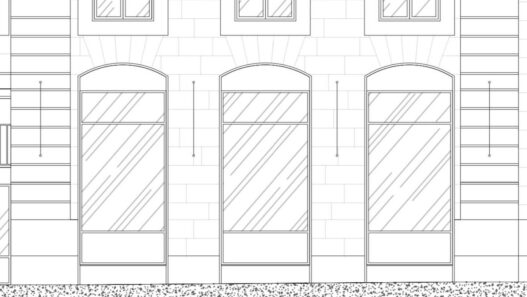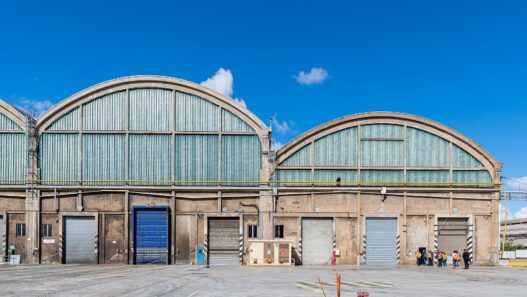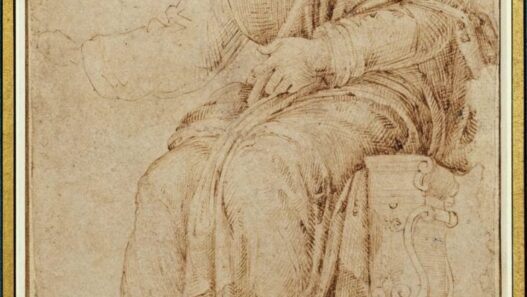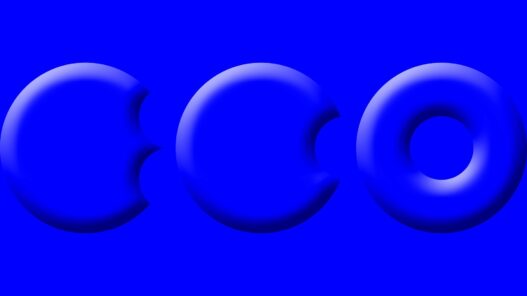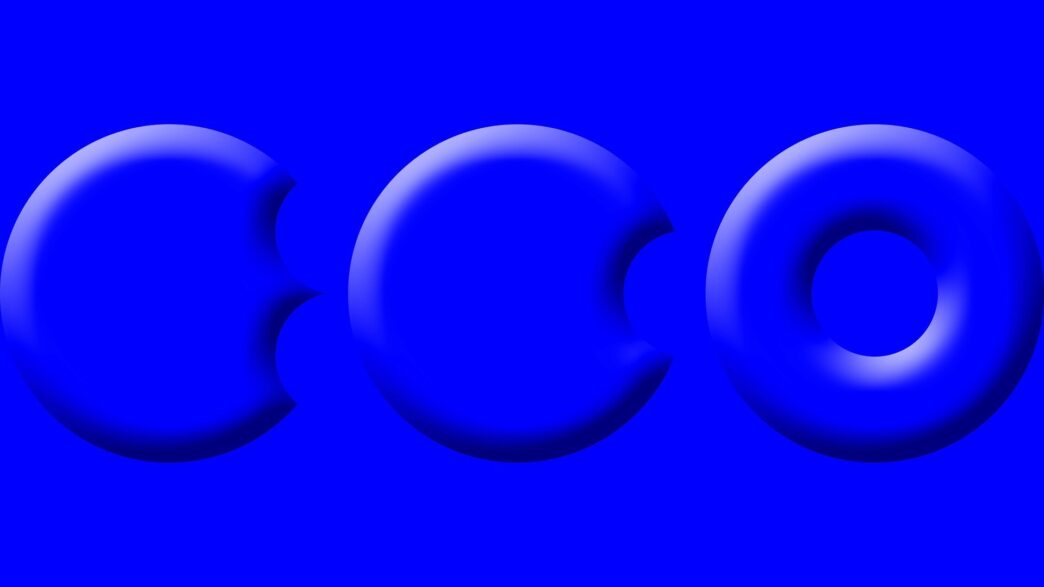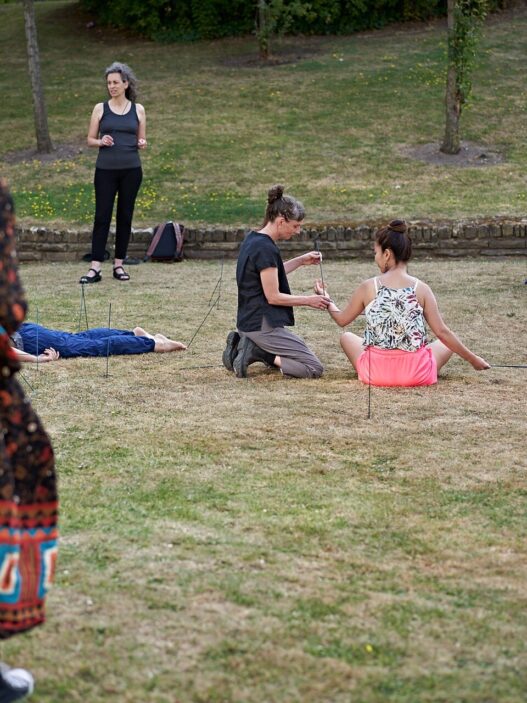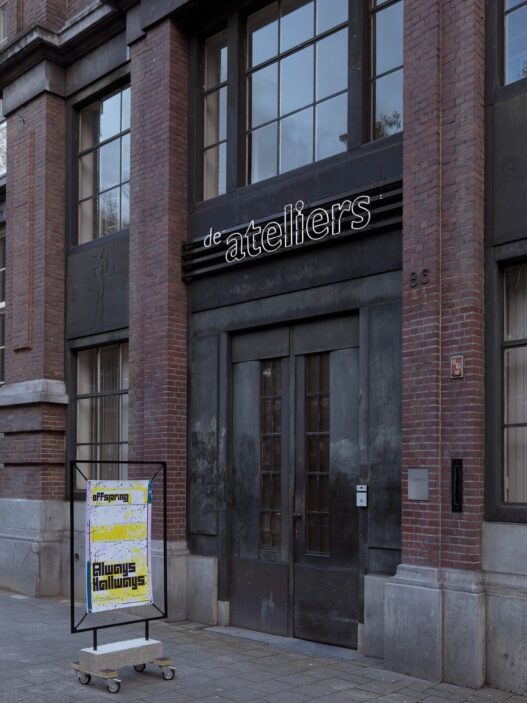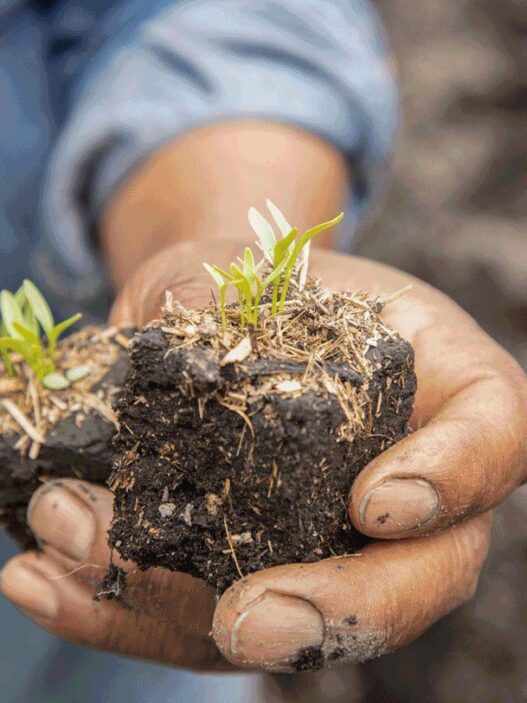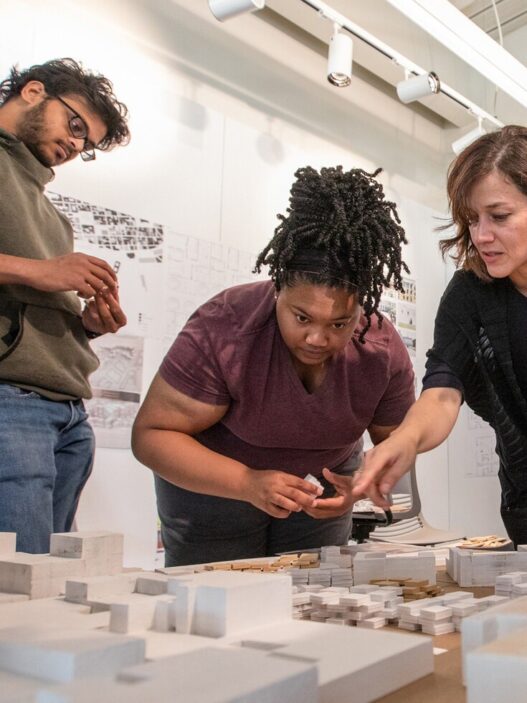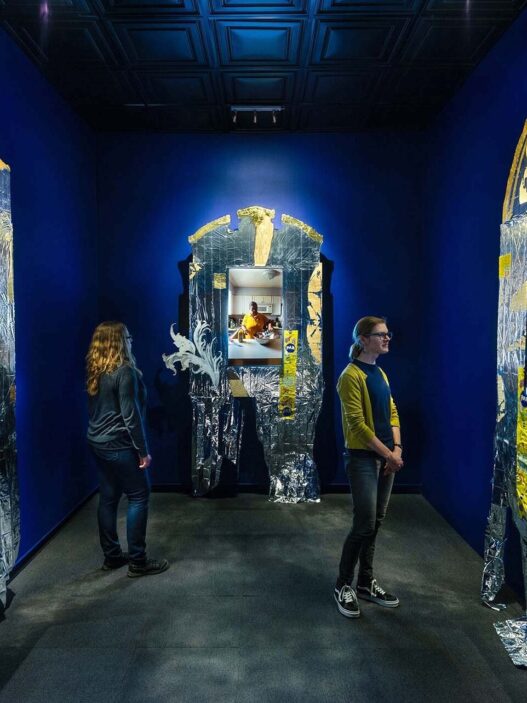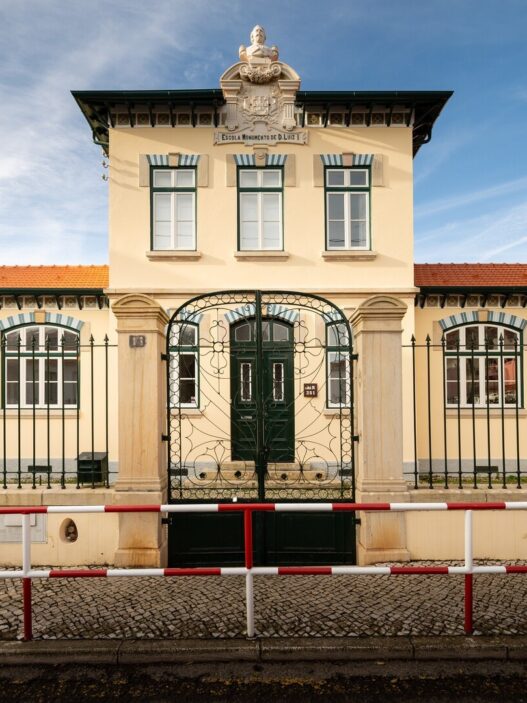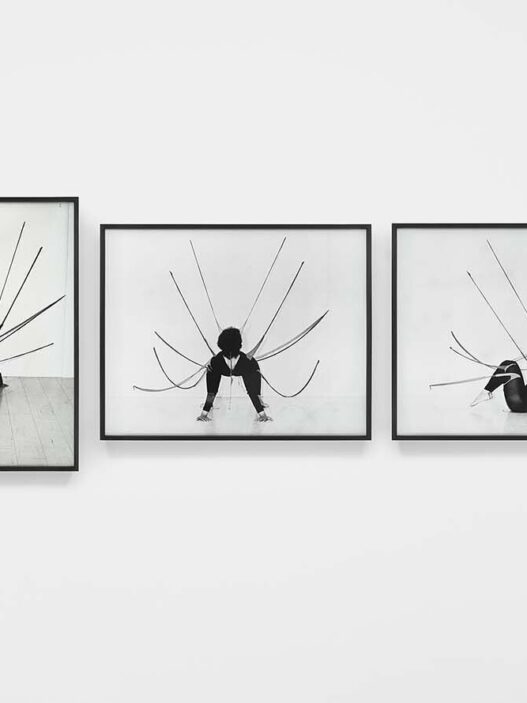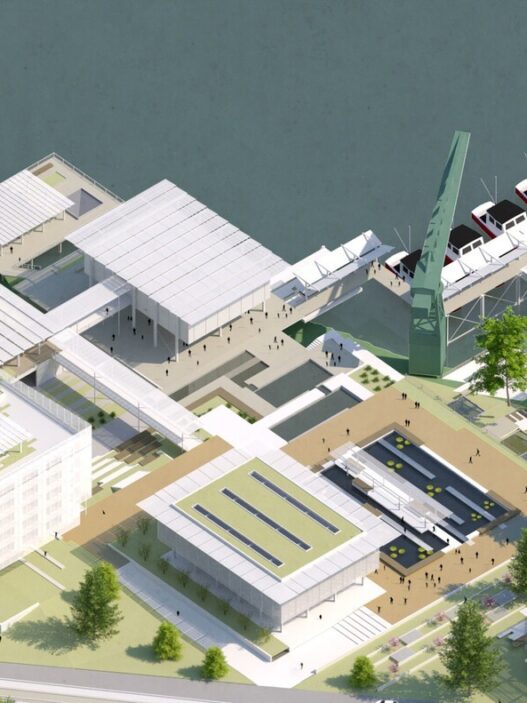October 28–29, 2022, 1pm
Swiss architects Christ & Gantenbein created the Basel exhibition space KBH.G as a testing ground for experimentation and creativity. A typical scientific workspace is a lab. By fusing the laboratory and the art gallery, we propose an experiment that will bring together cutting-edge artists and scientists to launch a fresh experimental method focused on the issue of ecology and finally culminate in an exhibition project in August 2023.
The first part is a free symposium with workshops that will take place on October 28 and 29, 2022, at Volkshaus Basel. It will feature a discussion amongst brilliant minds, artists, and scientists who will work together to create fresh perspectives on environment.
Teams
Sissel Tolaas (artist and scent researcher, Oslo), Christina Agapakis (researcher, Gingko Bioworks, Boston)
Ingo Niermann (artist, Basel), Alex Jordan (Department of Collective Behavior, Max Planck Institute, Konstanz)
Michelle-Marie Letelier (Artist, Berlin), Karin Pittman (Professor of Marine Biology, University of Bergen)
Zheng Bo (Artist, Hong Kong), Matthias Rillig (Institute of Biology, FU Berlin)
Riikka Tauriainen (Artist, Zurich), Meike Vogt (Department of Environmental Systems Science, ETH Zurich)
A project of the Kulturstiftung Basel H. Geiger | KBH.G curated by Martina Huber and Gianni Jetzer in collaboration with Chus Martínez, Director, Hochschule für Gestaltung und Kunst FHNW, Basel and Ocean Space TBA21-Academy
Program
Panels: Friday, October 28, Volkshaus Basel, 1–6pm
1–1:30pm: Welcoming address by Chus Martínez, Martina Huber and Gianni Jetzer
Panel I: Experiments in Science and Art with Christina Agapakis (online), Alex Jordan, Karin Pittman, Matthias Rillig, and Meike Vogt
2:15–3:45pm: 5-minute inputs from the five scientists, followed by a moderated discussion.
4–4:15pm: Break
Panel II: Experiments in Art and Science with Zheng Bo, Ingo Niermann, Michelle-Marie Letelier, Riikka Tauriainen, and Sissel Tolaas
4:15pm-5:45pm 5-minute inputs from the five artists, followed by a moderated discussion. Refreshments and free discussion
The presentations will be streamed live. If you would like to participate online, register to receive the link to the event.
Workshops: Saturday, October 29, Volkshaus Basel, 9:30am–12pm; 1–3:30pm
Workshop #1: The Suiss The Cheese
Sissel Tolaas (Artist and Scent Researcher, Oslo), Christina Agapakis (Researcher, Gingko Bioworks, Boston)
Sissel Tolaas is an olfactory researcher and artist who only uses fragrances. She collaborated with Christina Agapakis to construct an exhibit for the Venice Architecture Biennale 2020 that used DNA analysis to recreate the aroma of an extinct plant species. Their most recent joint endeavor is devoted to the aroma of cheese.
As Tolaas notes, “We live in a world of total antisepsis and continuous deodorization on a grand scale, corresponding to a worldwide homogeneity of faceless glass buildings. Since not all environmental odors can be pleasant, the consequence may be that we have none at all!”
Workshop #2: How to Feel Like a Fish?
Ingo Niermann (artist, Basel), Alex Jordan (Department of Collective Behavior, Max Planck Institute, Konstanz)
What is a fish’s thought, feeling, or desire? It is impossible for us to understand their feelings when we gaze into their quiet, dark eyes, and we might easily write these creatures off based on their looks and behavior as inconsequential or even disgusting. Using the most latest developments in neuroscience, machine learning, and animation, we will try to close the empathy gap between people and the aquatic creatures by asking whether we can understand their needs and desires and possibly even feel the same as they do. Or perhaps we might employ hypnosis and imagination to find the fish within us?
Workshop #3: Minding the Water Worlds: On the Ethics of Salmon Aqua Culture
Michelle-Marie Letelier (Artist, Berlin), Karin Pittman (Professor of Marine Biology, University of Bergen)
Karin Pittman and Michelle-Marie Letelier worked together to create an ethical role-play that addressed the abuse of farmed salmon around the world. The audience will be shown this piece by the team of scientists and artists. The participants discuss ethical concerns about salmon aquaculture, its methods of production, and the human-forced settlement of wild salmon in the Southern Hemisphere in three groups. Participants are urged to consider ethical concerns from (anthropo-) egocentric and (bio-) ecocentric viewpoints by switching between human and biological perspectives.
Workshop #4: Feeling Like Plants in the Age of Global Change
Zheng Bo (Artist, Hong Kong), Matthias Rillig (Institute of Biology, FU Berlin)
The session encourages participants to develop a relationship with plants and consider how they see the causes of global climate change (atmospheric CO2 enrichment, warming, drought, nitrogen deposition, herbicides, fungicides, insecticides, microplastic pollution, soil salinization, heavy metal contamination, etc.). At the center of Prof. Matthias Rillig’s work at Freie Universität Berlin is the role of numerous global change-related elements, whereas the artist Zheng Bo’s practice centers on cultivating close relationships with plants.
Workshop #5: Drifting Into the Plankton Imaginary
Riikka Tauriainen (Artist, Zurich), Meike Vogt (Department of Environmental Systems Science, ETH Zurich)
The program will give participants insight into their own transdisciplinary collaborative methods. Meike Vogt studies the function of plankton in worldwide marine ecosystems and has a background in environmental science. She explains how plankton is essential for ocean life and how it affects the Earth’s ability to produce oxygen and store carbon. How can we become aware of the networks of watery interaction that sustain life? is a question Riikka Tauriainen explores in her artistic practice. How can we define a practice that goes beyond human capabilities and establish fresh connections between human and non-human action? There will be exercises to help us comprehend what it means to float like plankton in tides and currents, as well as the introduction of various narrative approaches.
Free admission, limited seats, live streaming. Mandatory registration
Volkshaus Basel
Rebgasse 12-14
4058 Basel
Switzerland


